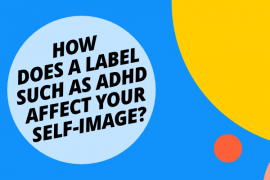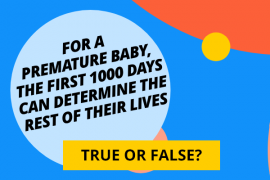The right cure for each and every person
Over the past 385 years, Utrecht University and UMC Utrecht have conducted countless studies. For example, we are currently investigating how to develop tailor-made cures for each and every person. The goal? To make our world of tomorrow a little better.
Doctors tend to base your treatment on what’s likely to work for patients with the same disease. But not everyone responds to a drug or a medical treatment in the same way. Now, with the help of organoids, researchers in Utrecht are starting to understand how each unique body responds to treatments, bringing us a step closer to personalised medicine.
One day, in 2009, Hans Clevers, a stem cell biologist at Utrecht University, made a discovery that would forever transform healthcare. His lab at the Hubrecht Institute had grown what, under the microscope, looked like a real gut outside the body: an organoid.
Organoids could save your life one day.
Many more organoids have been made since then in Utrecht and they’re already transforming patients’ reality.
What are organoids?
Organoids are like mini-organs, or rather, miniaturized and simplified versions of real organs grown in the lab. By extracting stem cells from your body and cultivating them outside your body, a clump of cells, or tissue, is created that responds in much the same way as your entire organ would.

What can organoids do for you?
After three weeks, we can harvest this clump of cells, or mini-organ, and test how it responds to a medication. With the help of organoids, it is possible to tailor treatments that work for you personally. This is revolutionary. Consider that the best treatment for colon cancer that we have got to this day only works for two out of ten patients. By knowing in advance whether or not a medication will work, we can do away with a lot of trial and error during drug research, thus reducing the total cost of medicines.
We’re getting closer to being able to design therapy for each patient’s unique case of cancer.
Many researchers are optimistic that advances in 3D bioprinting technologies will one day create functional organs, becoming a solution to the fatal donor organ shortage worldwide. And maybe one day mini-organs could help researchers untangle the mysteries of the brain and treat furtive neurological disorders such as schizophrenia, bipolar disorder or autism, without having to poke one’s brain.
Mini-organs are a synonym of big dreams for the future of healthcare. As the range of research and clinical applications keeps increasing, organoids can help us fight diseases more effectively thanks to personalised treatments.
In-depth article
Interested in a deeper insight into this topic? Read the in-depth article: Me and my organoid: a step closer to tailored therapy




